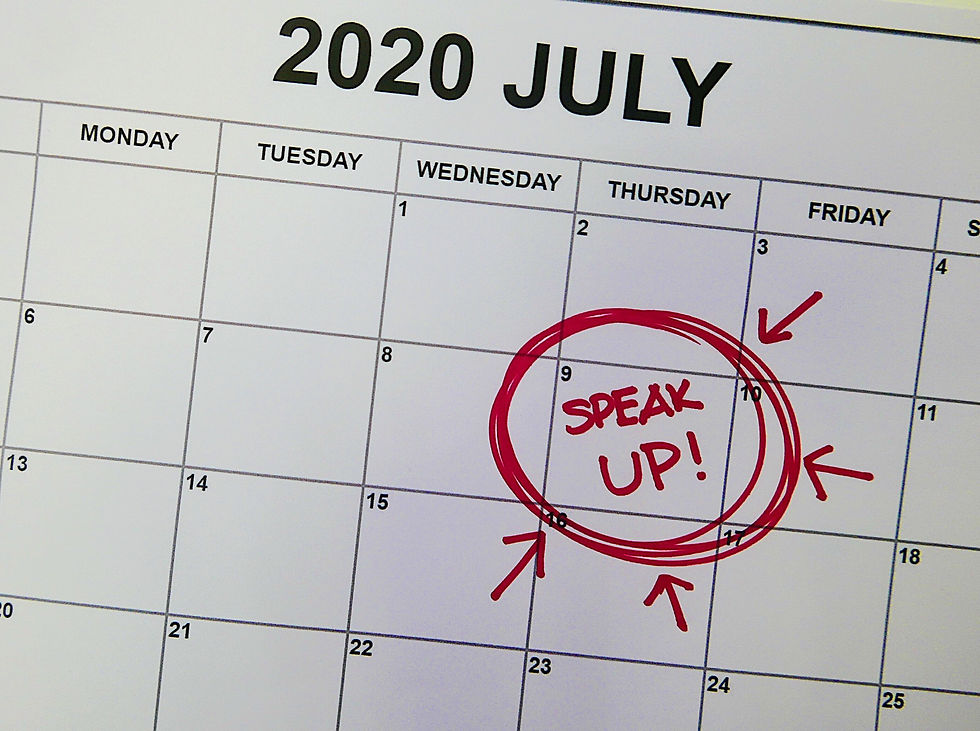Confrontation
- TeenToTeen

- Jun 26, 2020
- 3 min read
Updated: Jun 28, 2020
Everyone has had a friend who does something a friend shouldn’t do. Their betrayal or hurtful actions can affect the way you interact with others for the rest of your life, and leave lasting psychological scars. It makes you think twice about your past, current, and future friendships. You may reconsider forming new friendships because of a gnawing fear of getting hurt, preventing you from opening up. However, there can be a more empowering form of confrontation, where you might ask your friend to be honest with themselves and you. This might end up strengthening your pre-existing bond and looking at your friendships in a different way, and it only takes a little bit of self-confidence and courage.

The key to any healthy, long-lasting relationship is communication. It seems like such a basic concept, but this aspect is the hardest to control and maintain. Each and every single one of us can think about a publicized or personal relationship that ended because of broken communication. Some reasons for this include that people are afraid of what others think of them, or don’t want to face the true reality of something. We often hide how we're truly feeling because we don’t want to be rejected by someone we care about or have our relationship with them worsen. Sometimes, it can feel like the only option is to avoid them and move on, yet we still might wonder what could’ve happened if we reached out with an apology.
Confronting your friends can be more nerve-wracking than a final exam, but the results can be eye-opening for everyone involved. If you and a friend are in the middle of the fight, always be the first one to reach and apologize. You’ll feel more relieved to know that you put effort into something you deeply care about.

All of the introverts must be asking: what’s the best way to confront people? I’d suggest meeting up in person, but in times like this, the next best thing is a video call, not a phone call. Seeing the person face-to-face may be much more difficult, but it has hidden benefits. Observing the pain and tension on your friend’s face might spark an uneasy feeling in you, but it leads to a more open, honest confrontation– you can’t feel the same way and get the same results through a text. It might lead to a more heated conversation, but you’ll get so much more out of it when you’re true to yourself and you say what’s on your mind in front of someone else.
If you decide to text your friend, start with ‘I’m sorry.’ If you want to write a long paragraph to accompany the apology, go ahead, but trust me, it’ll take a while for them to respond because they’re processing their own emotions and thinking carefully about the best way to react. Just be patient, especially if you sent it on Snapchat and they’ve left you on open for a couple of hours. If they respond right away, try scheduling a video call, and don’t blow up when you’re talking through your conflict. Stay calm and try to empathize with the actions they took and understand why they took them. If they haven’t gotten back to you after three to four days, you can either follow up if you have something more to say or wait until they do respond. Just remember: a good friend is a friend worth fighting for, not against.
Name: Shifa Malk
Editor: Katelyn Clark
Graphic Designer: Katherine Chacon
Photographer: India Jones



Commentaires